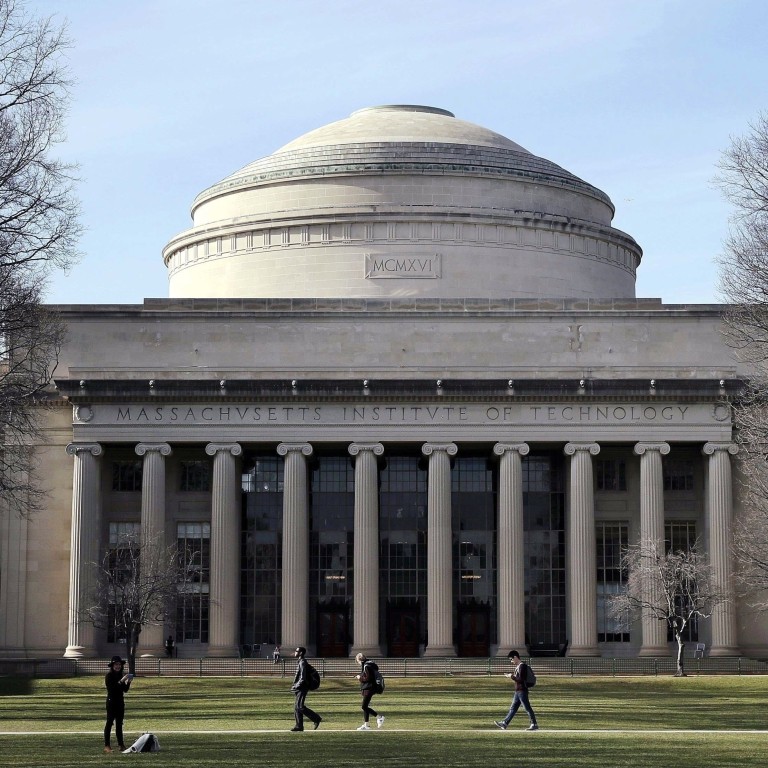
US-China collaboration in AI papers drops amid ongoing tech war, Stanford report shows
- Last year, approximately 9,660 papers on AI were co-authored by researchers affiliated with both US and Chinese institutions, down from above 10,000 the year before
- China was No 3 for papers that were cited by other researchers in academic conferences, with 15.32 per cent, below the US’s 29.52 per cent that topped the world
The number of artificial intelligence (AI) papers co-authored by US and China-based researchers declined last year amid rising geopolitical tensions between the world’s two largest economies, according to a recent Stanford report.
In 2021, approximately 9,660 papers on AI were co-authored by researchers affiliated with both US and Chinese institutions, down from above 10,000 the year before, according to a report by the Stanford Institute for Human-Centered Artificial Intelligence.
Chinese researchers turn to AI to build futuristic weapons
Nonetheless, AI cooperation between China and the US still leads the world, increasing five times since 2010, the Stanford report said. In 2021, the two countries produced 2.7 times more AI papers between them than the United Kingdom and China – the second highest on the list.
Although the Pentagon’s former software chief Nicolas Chaillan told the Financial Times in October that China had already won the AI battle against the US, and was heading towards global dominance, that may not be the case in the academic world.
China topped the world in terms of AI conference papers, accounting for 27.64 per cent, ahead of the European Union and the UK with a combined contribution of 18.95 per cent, and the US third with 16.9 per cent, but it lags in terms of citations, an indicator of the quality of research work.
China was No 3 for papers that were cited by other researchers in academic conferences, with 15.32 per cent, below the US’s 29.52 per cent that topped the world.
For the number of AI papers in journals, China ranked first in both publication numbers and citations, while the US was third.
Arkansas professor pleads guilty to lying about China patents
The Stanford report also said the largest proportion of AI patent filings came from China in 2021, accounting for 51.7 per cent of the global total, compared to 16.9 per cent for the US. However, when it came to AI patents that were granted last year, China was third with 5.9 per cent, while the US was top with 39.6 per cent.
“China can narrow its gap with the US in more technological areas and China can achieve ‘self-sufficiency’ in some core technologies, but it remains a long way off before China can comprehensively surpass the US,” the report said.

